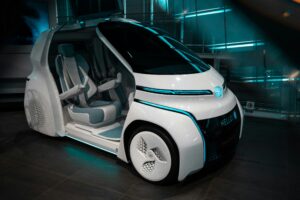Stephen Scherr’s resignation from Hertz following the company’s failed venture into electric vehicles highlights the complexities of adapting to an evolving market. Initially optimistic about electrifying its fleet, Hertz now faces the stark reality of high costs and low demand that have forced a strategic reassessment.
The decision to sell off 20,000 EVs signifies a significant shift in direction for the company, opting to refocus on more traditional gas-powered vehicles. This pivot reflects the challenging dynamics of the rental car industry and the need to balance innovation with market realities.
At odds with the Biden administration’s push for electric vehicle adoption, Hertz’s strategic reversal raises questions about the pace of industry-wide transitions and the broader implications for sustainability efforts.
As Gil West prepares to take the reins as CEO, Hertz stands at a critical juncture, requiring strong leadership to navigate the complexities of a changing market landscape. The collaboration between outgoing and incoming leadership underscores the company’s commitment to managing this transition effectively.
Scherr’s departure serves as a reminder of the volatile nature of business decisions, highlighting the importance of adaptability and strategic foresight in an ever-changing technological and economic landscape. By recognizing and responding to market challenges, companies like Hertz can position themselves for long-term success amidst shifting industry trends.



